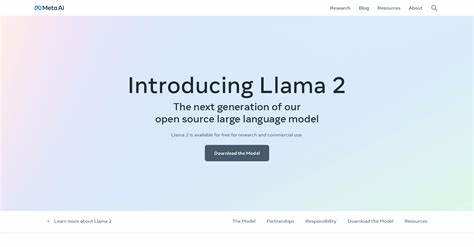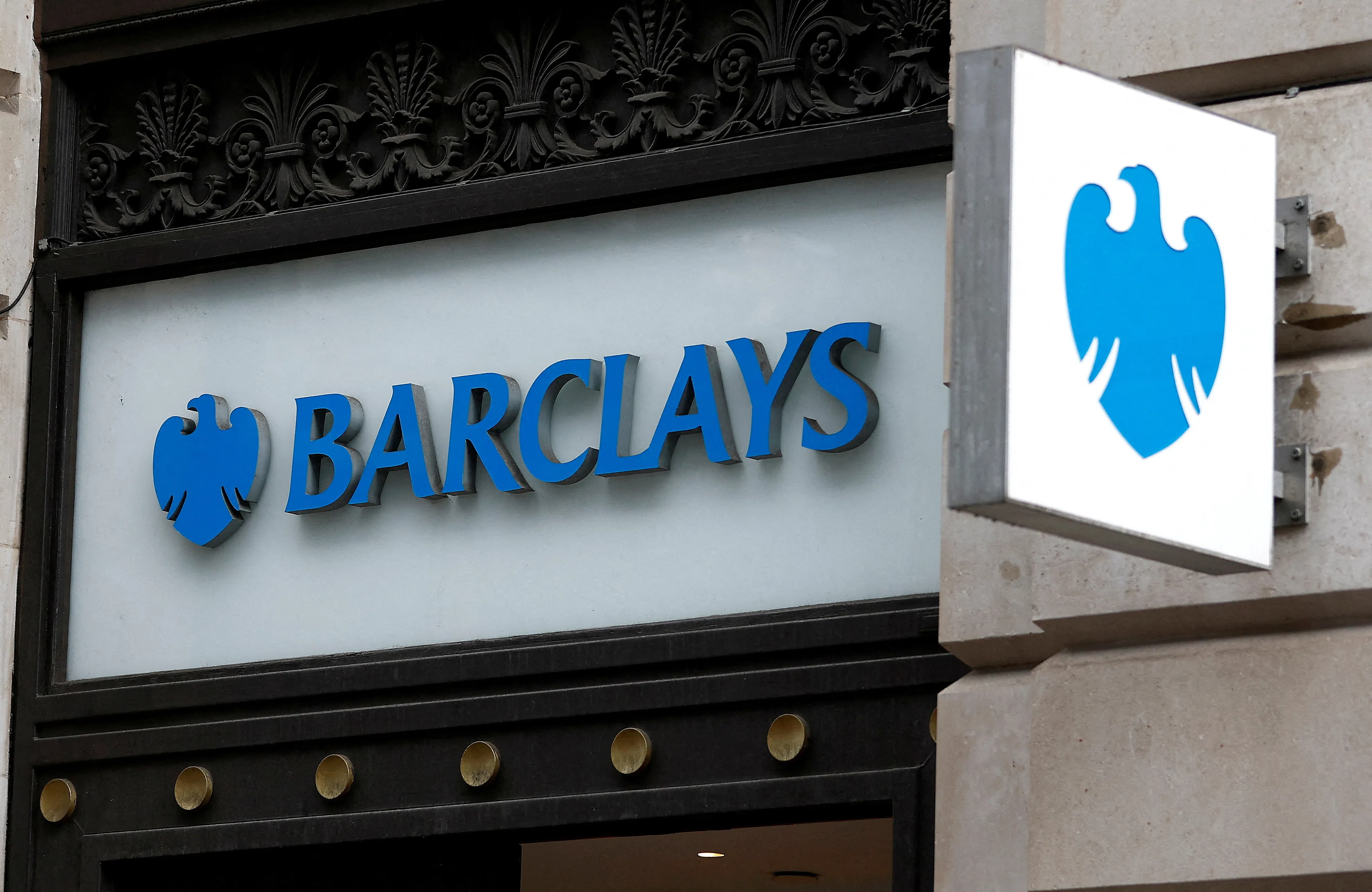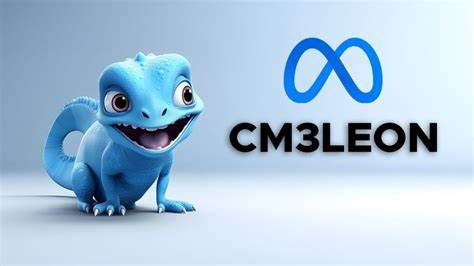Meta, Facebook’s parent company, has announced the release of Llama 2, the most recent version of its open-source big language model. Meta is providing Llama 2 for free, both for research and commercial applications, in an effort to democratise access to AI models. This initiative intends to make core AI technology more accessible to organisations all over the world.
Meta has collaborated with Microsoft to enhance their commitment to Llama 2, which will be the chosen partner for the new model. This partnership reflects the growing emphasis on generative AI and demonstrates Microsoft’s commitment to the field’s advancement. Meta and Microsoft hope to make Llama 2 available to a large number of people through collaborating.
Support for Llama 2 comes from a variety of sources, including companies that provide input and produce creative products. Llama 2 can be integrated into cloud services, and research institutions can collaborate on responsible deployment. Furthermore, individuals in the technology, academic, and policy sectors are recognising the benefits of Llama 2, which is leading to its widespread adoption.
According to Meta CEO Mark Zuckerberg, the company is committed to building responsibly and provides resources to ensure responsible usage of Llama 2. The availability of Llama 2 opens up numerous opportunities for businesses, startups, entrepreneurs, and researchers who may not have the resources to develop such models themselves. With access to Llama 2, they can experiment and innovate in exciting ways, leading to economic and social benefits.
The open access to AI models like Llama 2 also allows developers and researchers to stress test them, identifying and solving problems collectively as a community. This collaborative approach fosters rapid improvement and refinement of AI technologies.
Meta has made Llama 2 available in the Azure AI model catalogue to ease interaction with existing platforms. This allows Microsoft Azure developers to use their cloud-native tools for content filtering and security features. Furthermore, Llama 2 is optimised to run locally on Windows, offering a streamlined workflow for developers creating generative AI experiences across many platforms.
While Meta’s Llama 2 competes with models like as ChatGPT and Google’s Bard, it distinguishes itself by using an open-source approach. This sets it apart from comparable solutions from Microsoft and Google, which are not open source. The decision to make Llama 2 open-source demonstrates Meta’s commitment to fostering transparency and collaboration across the AI community.
Meta’s release of Llama 2 as an open-source model, coupled with its partnership with Microsoft, marks a significant step towards democratizing access to AI technologies. By making Llama 2 freely available for research and commercial purposes, Meta and Microsoft aim to empower businesses, startups, researchers, and developers to explore the possibilities of generative AI. This collaborative and open approach holds the potential to drive innovation, solve complex challenges, and create positive societal impact in the world of AI.







